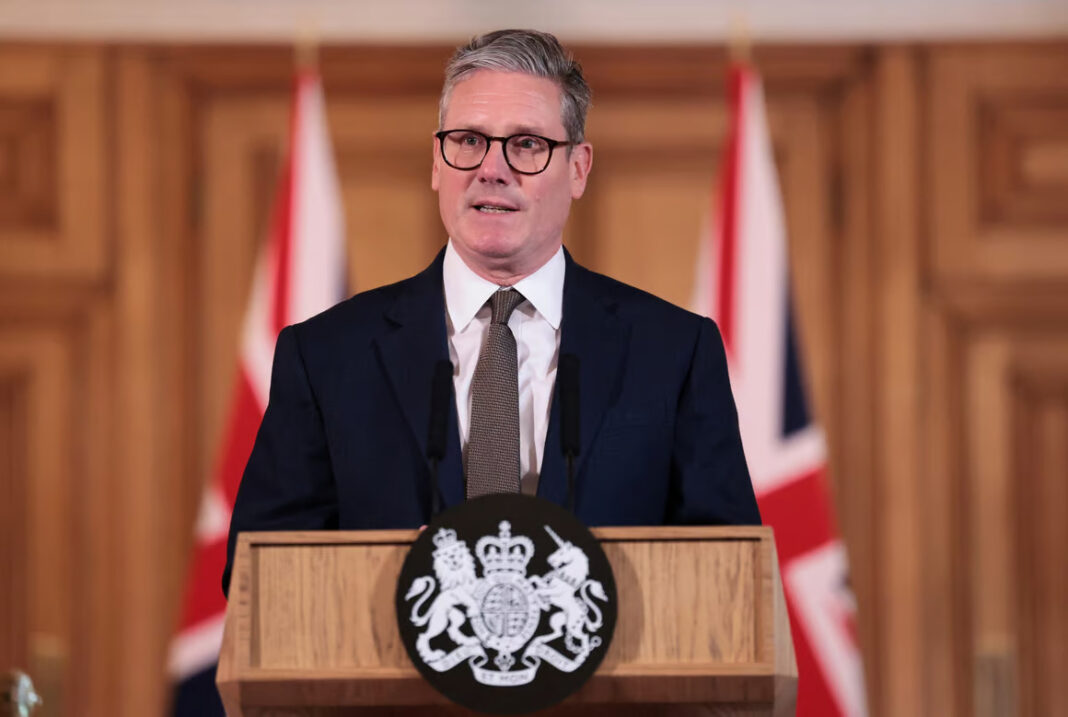The UK government is set to unveil a sweeping overhaul of its immigration policy, with migrants now expected to live in the country for a full decade before becoming eligible to apply for British citizenship.
Prime Minister Sir Keir Starmer will announce the plans today, describing the move as a “clean break from the past” aimed at reducing the UK’s reliance on foreign labour. The new rules double the current five-year residency requirement and form part of a broader shift towards a “contributions-based” citizenship model.
There will be exceptions for individuals who make what the government calls a “high contribution” to the economy or society. This includes doctors, nurses, engineers, AI specialists, and others in high-demand or socially impactful professions, who may be fast-tracked for permanent settlement.
In addition, the government is raising the bar for English language proficiency across every immigration route. For the first time, all adult dependents will also be required to demonstrate a basic command of the language—part of an effort to promote integration and workforce participation.
Sir Keir is expected to stress that settlement in the UK must be seen as “a privilege, not a right,” and that new arrivals should actively commit to integration. He will present these measures as central to the upcoming Immigration White Paper, which is set to outline long-term reforms focused on reducing net migration and boosting domestic employment.
Net migration to the UK reached a record 903,000 in the year ending June 2023 before falling slightly to 728,000 by mid-2024—still far above the pre-Brexit peak of 329,000 in 2015. The government faces mounting pressure to curb both legal and illegal immigration, particularly in light of rising support for Reform UK in recent polls.
In 2024, 162,000 individuals were granted permanent settlement, marking a 35% increase from the previous year. Meanwhile, 270,000 were granted British citizenship—an almost 33% year-on-year rise.
While the White Paper will not detail every reform, the Home Office says consultations will begin later this year on exactly how the fast-track exemptions will work. These may include tax thresholds, employment in critical sectors, or exceptional contributions to community life.
Home Secretary Yvette Cooper is reportedly backing efforts to ensure individuals who make a meaningful social impact—such as community leaders—are also eligible for a streamlined path to citizenship.
With immigration set to remain a defining issue for the UK, the government’s latest moves are likely to spark fierce debate—not only about national identity and workforce needs, but also about what it means to earn a place in modern Britain.


